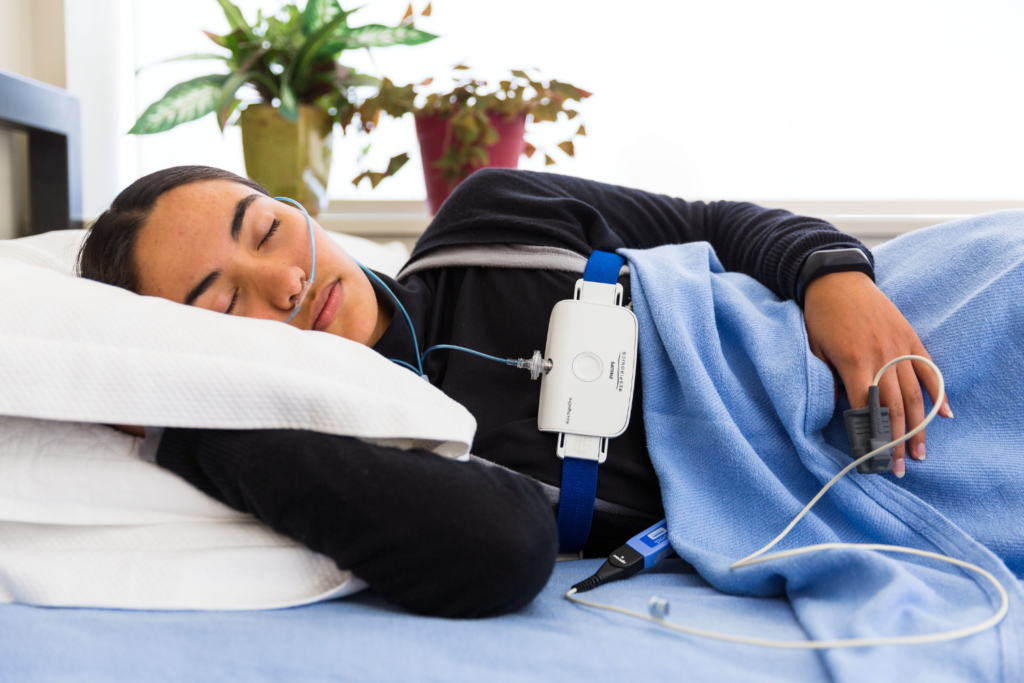Good Night, Sleep Tight

We often take for granted just how important and in some cases, how rare it is to have a good night of sleep. For many, it’s not a given. But for all, it’s important. A good night’s sleep has more health benefits that you might think, including:
- Decreases unhealthy food cravings that may cause weight gain
- Increases energy levels
- Improves concentration and focus
- Reduces stress
- Decreases risk for heart disease
- Regulates sugar metabolism
- Improves mental health and mood
- Keeps the immune system strong
If you’re counting sheep to fall asleep or waking up throughout the night, there are some things you can do to improve your sleep.
Tips for a Good Night’s Sleep
- Avoid random napping; scheduled naps may be appropriate in some cases.
- Discontinue caffeine early in the day. Remember chocolate has caffeine!
- Get plenty of well-timed, regular exercise.
- Eat a healthy diet and stay away from large meals before bed.
- Get lots of natural light during the day.
- Turn off electronics at least one hour before bed.
- Associate the bed with relaxation and sleep.
- Ensure your bedroom is a relaxing environment.
- Establish a routine at bedtime and try to be consistent.
What is a Sleep Study?
Sometimes even when we do all of these things, we still wake up feeling less than refreshed. This is where Island Sleep Wellness Center can help. We offer sleep studies that can detect sleep-disordered breathing (obstructive or central sleep apnea) or other conditions prohibiting sleep.
A sleep study (polysomnography) records brain and body activity that occurs during sleep. The study, which typically takes one night, is done right in our facility. In some cases a home sleep test can be arranged. We use the data to diagnose conditions that could be preventing a good night’s sleep.
Then What?
Once we have a diagnosis, we can start a treatment plan. The most common diagnosis is obstructive sleep apnea (OSA), which causes your breathing to pause throughout the night. Less common is central sleep apnea (CSA), which also causes paused breathing but for different reasons. These sleep disordered breathing conditions can lead to low blood oxygen levels which can disrupt sleep and may increase risk of heart attack or stroke. Both OSA and CSA can usually be treated with a positive airway pressure therapy (PAP). You’ve most likely heard of CPAP or BiPAP.
Another condition that can be diagnosed is periodic limb movement disorder which causes fatigue or trouble staying awake. Treatment for this can be as simple as adding or changing medications.
If you’re chasing elusive sweet dreams or having chronic sleep issues, Island Sleep Wellness Center might be able to help. Please call your primary care provider to see if a referral is the best next step, 360.293.3101.
